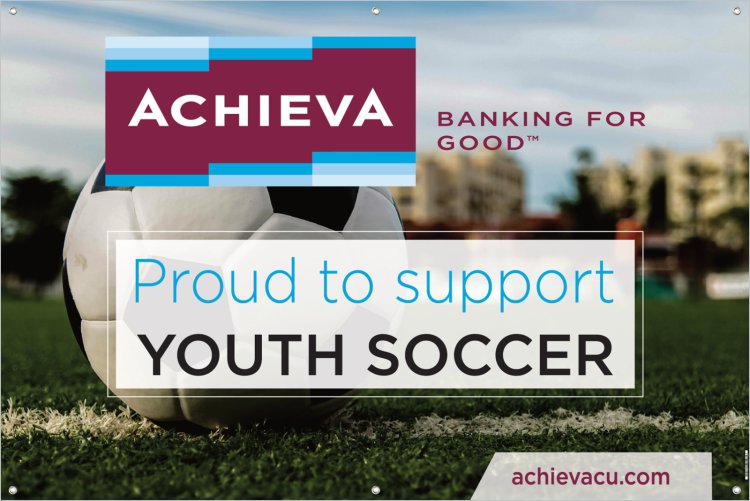ST. PETE RAIDERS
Bringing Soccer to Pinellas County Families Since 1970
Comparing Competitive Soccer to Recreational Soccer
Ever wonder what the difference is between Competitive and Recreational soccer? This article tells you the basic differences between the two.
Competitive Soccer is also known as "Club Soccer" and...
Tony Paris asked to Speak about Coerver Techniques
All of our coaches attend additional training to keep their credentials up to date.
Last June 2014, our CEO/DOC, Tony Paris, attended a course in the UK as Continuing Education for his UEFA A Licence. Part of the course was on Coerver Coaching/Techniques, which are paramount in the coaching of young players. Coach Tony was one of very few coaches asked to speak out of the 50 present from overseas.
See the YouTube video by clicking here!
Dealing with a Dreadful Referee
We have all had that referee that for whatever reason seems to hold a grudge against our team. All the calls seem to be going against you and you feel like there is nothing you can do, all control is lost. The hardest part is they are determining the result and it’s not fair to you, more importantly, it’s not fair to your players who have worked extremely hard. There are several options you can do in this situation.
By far the worst option is to yell and scream at the official, this causes several negative effects. Number one, you are the coach and you set an example for your players. If they see you giving the ref a hard time they will think it’s license for them to do the same. Your players should not speak to the referee unless they are the captain. Your captain has a right to get an explanation from the referee and is the only player that is allowed to do so. Secondly, you are setting yourself up to get more calls against you. As much as referee’s are not supposed to be biased they remember situations; its human nature. There aren’t too many positive things that can come from complaining to the referee, yet it happens all the time.
There are certain aspects of the game you cannot control and the referee’s decisions is one of them. How often have you seen a referee make a decision and then reverse it? Almost never, so what is the point in complaining? Your best option would be during half-time or after the game to have a one-on-one conversation with the referee and try to get an understanding of why he made some calls. Don’t be nasty about it, instead, let them know that you are a continuous learner of the game and want to better understand what happened. Some referee’s will have an ego issue or feel threatened by you and refuse to answer your questions. If that is the case, this might be a scenario where you would want to report them to the director of your league or tournament. In the future they might be able to have someone come out and spectate the game and see if there is legit bias against your team.
If your goal is to be the best coach possible you need to put yourself out there to understand the game to your fullest potential. There is not a better way than for you to get your referees license so you can become an official referee. While this may be time-consuming there are a lot of lessons you can learn by taking this course. After you pass the class, go on and referee a few matches. Your perception of a referee will completely change. You will begin to cut the referee some slack and judge them not on whether or not they made the right call, rather, whether or not they were in the right position to make the call.
You are not going to get every call and the referee is going to make mistakes, it’s a part of the game. Control your temper, be calm and the next time the callmight go your way. If you act like a maniac and you are screaming at the referee you can forget about it. You are not going to get any calls and you are hurting your team. Make sure your players understand that they are not allowed to speak to the referee about a call unless they are the captain. You have the right to an explanation. Even in the light of a competitive game where a call goes against you, remember your role as a coach. Keep calm. Play on.


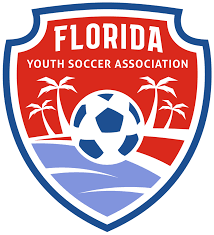


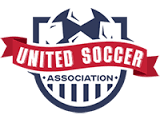
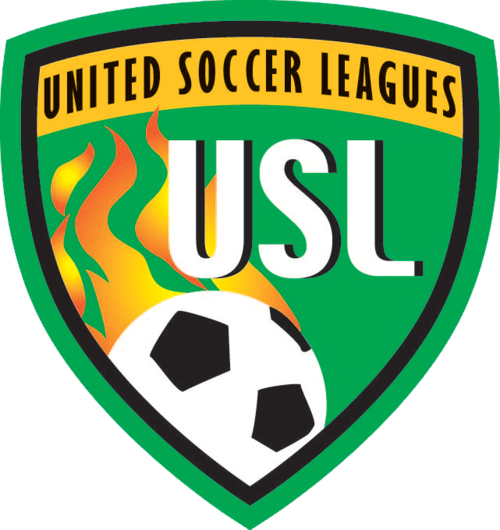
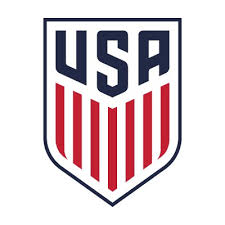
.jpg)


